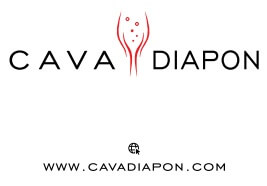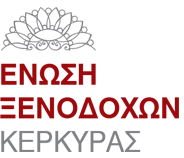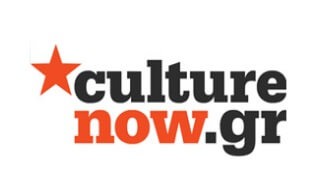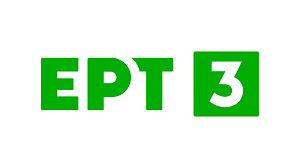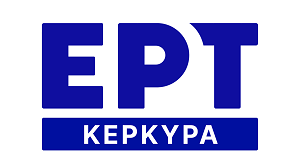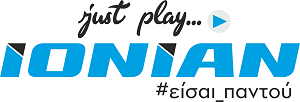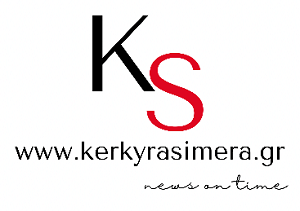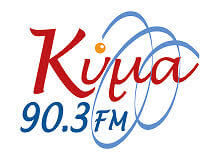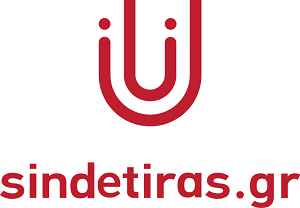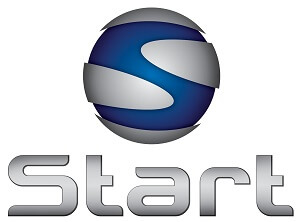Summary
Interdisciplinarity in scientific research and applied pedagogy is an approach that aims to go beyond the limits set by each discipline and to create an eclectic perspective, so as to organize teaching and learning around the construction of meaning in the context of real-world problems or activities [1]. This paper showcases how technology, psychology, pedagogy and arts can work together harmoniously (and should also be combined by other developers) for the development of transmedia gamified applications. The case study described in this work focuses on teaching daily living skills to students with special educational needs, within an inclusive education setting.
Objective
Educational material that incorporates game elements, i.e., gamification, enhances social interaction, motivates students to engage in learning activities and improves their performance in a pleasant environment, whereas if taught traditionally, e.g., books, lectures and knowledge tests, can be tedious, demanding or even boring [5,7]. The use of games in education is based on research’s conclusion which emphasizes that games must be in line with the principles of pedagogy, educational methodology and educational technology. It turns out that the effectiveness of games depends on a balanced combination of "serious" learning and interactive entertainment [4]. This balance is ensured by a transdisciplinary design team, consisting of experts in both educational content and game development. The purpose of this paper is to describe the required specializations of the transdisciplinary team, the contribution of each expert to the collaborative content development and the dynamic teamwork.
Method
Designing effective educational games requires in-depth knowledge of learning theories, game design and development models, games' fundamental structural elements, and the overall design of user experience. In addition, for games aimed at children with special educational needs (SEN/D), the participation of special educators and professionals, such as psychologists, social workers, occupational therapists, etc. and primarily children with SEN/D is necessary. Participatory design and formative evaluation are methods that guarantee the achievement of games objectives [2–4,8–10]. During the design process, interactions and collaboration between experts from different fields of expertise and end-users contribute equally to the dissemination of information, results and methods [6]. The participatory design aims at the development of appropriate, applicable and user-friendly products through cycles of collection and analysis of requirements, prototype design, application and evaluation [11].
Conclusion
The balance between entertainment, fun, engagement, instructional design and learning is the key to developing successful educational games. The process of their designing and development aimed at children needs to meet additional requirements for their integration into formal learning environments, such as schools, but also to follow the Code of Ethics.
References
[1] IBE-UNESCO, Glossary of Curriculum Terminology, in: Gen. Educ. Qual. Anal. Framew., Geneva: © International Bureau of Education-UNESCO, 2012. http://www.ibe.unesco.org/en/glossary-curriculum-terminology/t/transdisciplinary-approach.
[2] P. Kaimara, I. Deliyannis, A. Oikonomou, and G. Miliotis, Transmedia storytelling meets Special Educational Needs students: a case of Daily Living Skills Training, in: T.H. Kotopoulos, and A.P. Vakali (Eds.), 4th Int. Conf. Creat. Writ. Conf. 12-15 Sept. 2019, Florina, Greece., 2021: pp. 542–561.
[3] P. Kaimara, A.C. Oikonomou, I. Deliyannis, A. Papadopoulou, G. Miliotis, E. Fokides, and A. Floros, Waking up in the morning (WUIM): A transmedia project for daily living skills training, Technol. Disabil. 33 (2021) 137–161. doi:10.3233/TAD-200326.
[4] P. Kaimara, E. Fokides, A. Oikonomou, and I. Deliyannis, Potential Barriers to the Implementation of Digital Game-Based Learning in the Classroom: Pre-service Teachers’ Views, Technol. Knowl. Learn. 26 (2021) 825–844. doi:10.1007/s10758-021-09512-7.
[5] B. Morschheuser, L. Hassan, K. Werder, and J. Hamari, How to design gamification? A method for engineering gamified software, Inf. Softw. Technol. 95 (2018) 219–237. doi:10.1016/j.infsof.2017.10.015.
[6] M. Pereira de Aguiar, B. Winn, M. Cezarotto, A.L. Battaiola, and P. Varella Gomes, Educational Digital Games: A Theoretical Framework About Design Models, Learning Theories and User Experience, in: 2018: pp. 165–184. doi:10.1007/978-3-319-91797-9_13.
[7] J.L. Plass, B.D. Homer, and C.K. Kinzer, Foundations of Game-Based Learning, Educ. Psychol. 50 (2015) 258–283. doi:10.1080/00461520.2015.1122533.
[8] R. Ramadan, and Y. Widyani, Game development life cycle guidelines, in: 2013 Int. Conf. Adv. Comput. Sci. Inf. Syst. ICACSIS 2013, 2013. doi:10.1109/ICACSIS.2013.6761558.
[9] M. Steinböck, N. Luckner, F. Kayali, M. Proyer, and G. Kremsner, Cologon, in: Proc. 14th Int. Conf. Found. Digit. Games - FDG ’19, ACM Press, New York, New York, USA, 2019: pp. 1–5. doi:10.1145/3337722.3341834.
[10] S. Tsikinas, and S. Xinogalos, Towards a serious games design framework for people with intellectual disability or autism spectrum disorder, Educ. Inf. Technol. 25 (2020) 3405–3423. doi:10.1007/s10639-020-10124-4.
[11] C. Wilkinson, Evaluating the role of prior experience in inclusive design, University of Cambridge, 2012. doi:10.17863/CAM.13819.
Back
SPONSORS
 Agora Restaurant Grill House
Agora Restaurant Grill House Lupin Aperitivo Espresso Bar
Lupin Aperitivo Espresso Bar


